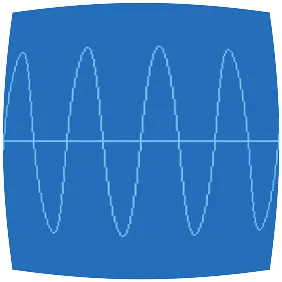With your submarine’s subterranean subsystems subsisting suboptimally, the only way you’re getting out of this cave anytime soon is by finding a path yourself.
Day 12a
export const d12 = ({
input = inputs.d12,
pre,
post,
}: {
input?: string
pre: (node: string) => boolean
post: (node: string) => void
}) => {
const graph = clean(input)
.split(/\n/)
.map(s => s.split('-'))
.reduce((graph, [k, v]) => {
if (v !== 'start') {
graph[k] = graph[k] || []
graph[k].push(v)
}
if (k !== 'start') {
graph[v] = graph[v] || []
graph[v].push(k)
}
return graph
}, {})
let n = 0
const walk = (node: string) => {
if (node === 'end') {
n++
} else {
for (const next of graph[node]) {
pre(next) && (walk(next), post(next))
}
}
}
walk('start')
return n
}
export const d12a = props => {
const sm = (s: string) => s.charCodeAt(0) >= 97
const v = {}
return d12({
...props,
pre: (node: string) => (v[node] ? false : ((v[node] = sm(node)), true)),
post: (node: string) => (v[node] = false),
})
}
Example:
Slightly larger example:
Even larger example:
Mine:
Day 12b
export const d12b = props => {
const sm = (s: string) => s.charCodeAt(0) >= 97
const v = {}
let twice = null
return d12({
...props,
pre: (node: string) =>
v[node] && twice
? false
: v[node]
? ((twice = node), true)
: ((v[node] = sm(node)), true),
post: (node: string) =>
twice === node ? (twice = null) : (v[node] = false),
})
}
Example:
Slightly larger example:
Even larger example:
Mine:
